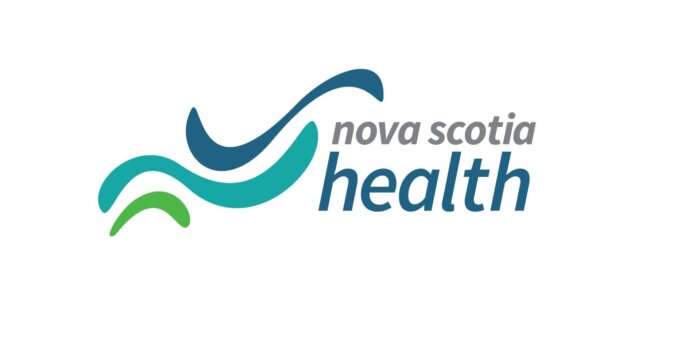HALIFAX: To support those diagnosed with COVID-19, Nova Scotia Health continues to work on several initiatives to help patients work toward recovery, and support health care providers caring for patients in their communities.
As part of this work, Nova Scotia Health is contacting Nova Scotians aged 16 and older who have been diagnosed with COVID-19 to determine if they are experiencing any persistent COVID-19 symptoms. Evidence has shown COVID-19 patients may experience symptoms long after they no longer have the virus.
Even those who had mild symptoms when they had the virus may experience long-lasting health issues.
“We know post COVID-19 symptoms can have a significant impact on people’s health and wellness, and they may not know where to go for help,” said Ashley Harnish, Health Services Manager, Primary Health Care and Chronic Disease Management, Nova Scotia Health. “This proactive outreach is just one of the ways we are trying to support patients as they recover and remind them there are people and supports in place when they need them.”
Nova Scotians diagnosed with COVID-19 who are aged 16 and older will be contacted by telephone, and asked screening questions. The phone call should take no longer than five minutes.
Based on the responses, the person may be put in touch with a member of the Nova Scotia Health post-COVID-19 team, who will work with them to determine what their goals of care are, and what suite of services may assist them in achieving those outcomes.
The telephone call will come from an unknown number. Nova Scotia Health asks that you please answer the call. Callers will attempt to reach out twice, however for privacy reasons will not be able to leave a voicemail.
For those who miss the call, or prefer to proactively reach out, visit MyCOVIDRecoveryNS.ca to complete the online screening questions.
Post-COVID-19 symptoms may vary, and can include trouble breathing or shortness of breath, cough, fatigue, trouble concentrating, brain fog or memory problems, feeling stressed, anxious, worried, sad or depressed, withdrawing from friends or activities, a sense of loss or grief, trouble sleeping, loss of appetite, nausea and vomiting, loss of smell or taste, diarrhea and/or constipation, headaches, chest pain, tightness or palpitations, joint or muscle pain, symptoms that get worse after physical activity.
Anyone under the age of 16 experiencing persistent COVID-19 symptoms should contact IWK Health.
Those diagnosed with COVID-19 are also encouraged to visit MyCOVIDRecoveryNS.ca – a website with up-to-date information about managing or treating the lingering symptoms of COVID-19.
































